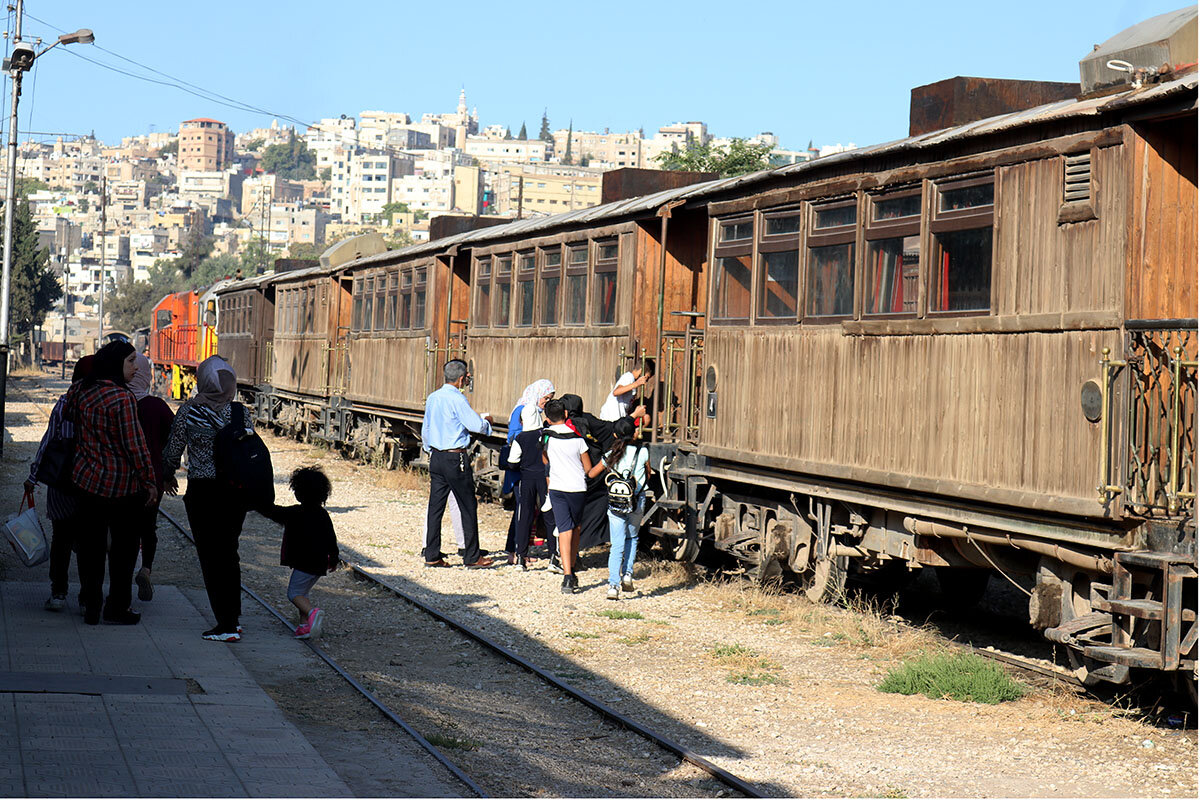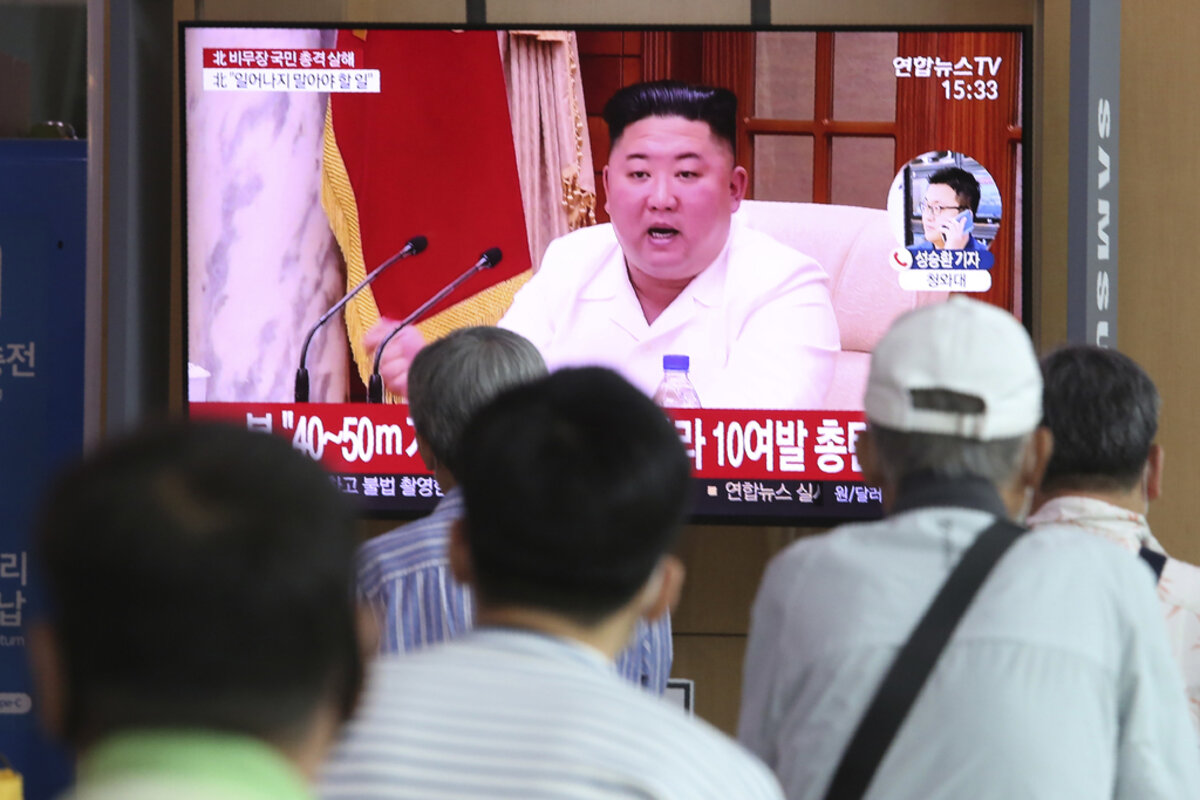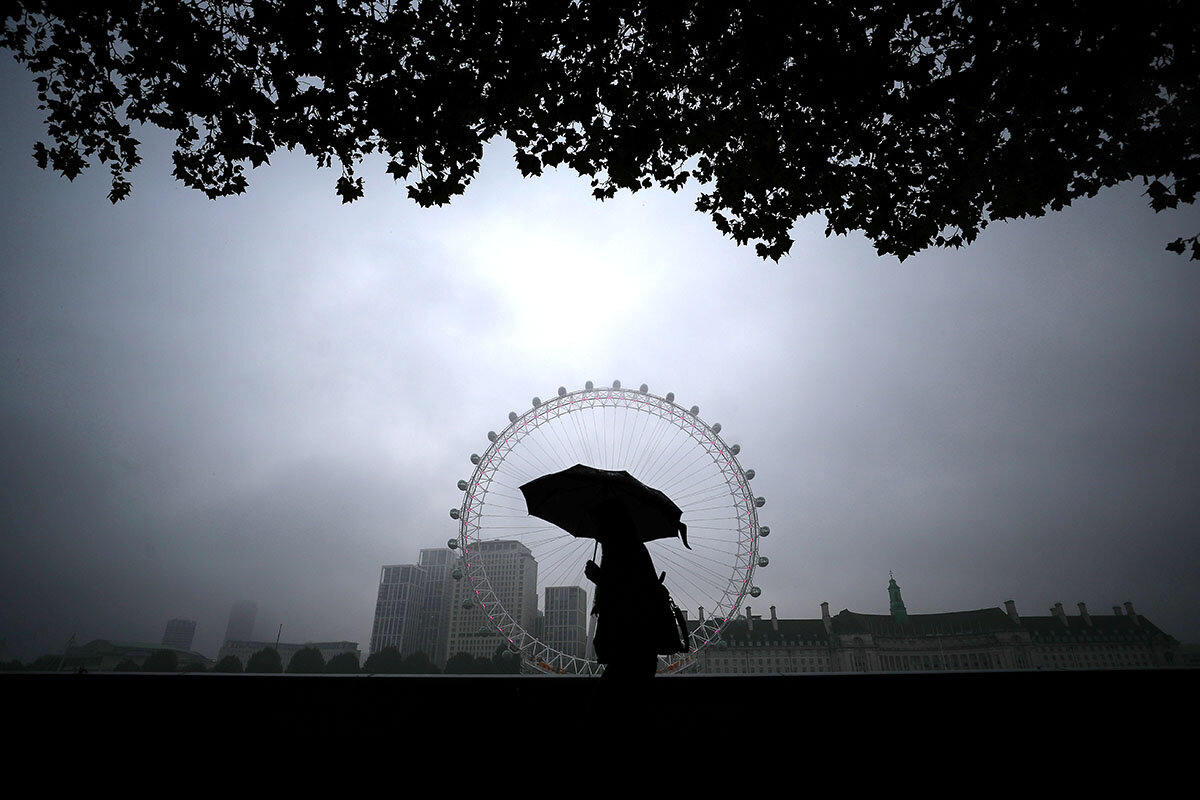Paying taxes – or not – can be an indication of trust in the government to spend the money well and for a collective good. We looked at how citizens in the U.S., China, Mexico, Germany, and India view tax avoidance and fairness.
Monitor Daily Podcast
- Follow us:
- Apple Podcasts
- Spotify
- RSS Feed
- Download
 David Clark Scott
David Clark Scott
I’m torn. Should we be delighted or discouraged by NASA’s deal with Estée Lauder?
On Thursday, 10 small bottles of a “skin care serum” will be tucked in with the 8,000 pounds of supplies being sent to the International Space Station. The cosmetics company is paying NASA $128,000 – $17,500 per astronaut hour – for a face cream photo shoot.
This marketing deal is another facet of NASA’s partnership with private industry to help subsidize its $21 billion annual budget. Coming soon: a new reality TV show, “Space Heroes,” where the winner spends 10 days aboard the space station. And NASA says actor Tom Cruise and director Doug Liman are planning to film an action movie aboard the space station.
In 2019, NASA released its rate card, which includes charging $35,000 per night for food and lodging at the space station. The space agency plans to dedicate up to 5% of astronaut time to commercial activities.
On the one hand, this feels crass. Space represents pure science, a celestial frontier, the outer limits of imagination and possibilities. Is NASA’s new shopping cart the equivalent of erecting billboards at the Grand Canyon?
Or, might this moment be compared to the first international passenger flights from London to Paris in 1919? That milestone led to the opening of air travel – the freedom of movement – to all humanity.
What do you think?










